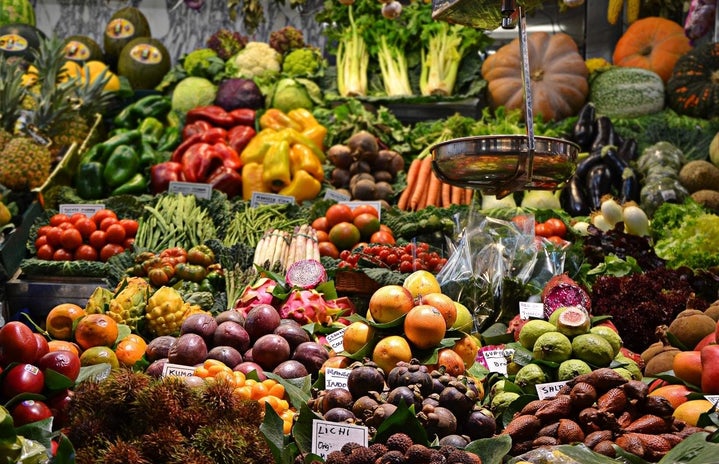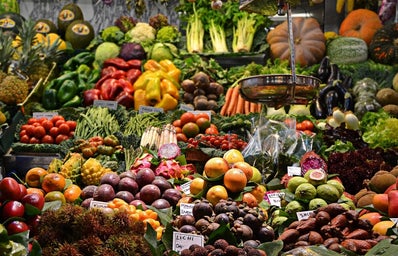Every year there are increasing rates of food waste throughout the world. Food waste is the loss of food throughout the various stages of production to consumption. The loss of this food contributes to climate change. Recently in 2019, the United Nations (UN) published a report on food waste and, according to ScienceNews, the report has tallied the amount at 931 million metric tons of food. It is estimated that about one-third of the world’s food is lost every year.
Consequently, the United Nations has declared a goal to reduce food waste by half by 2030. It plans to do so by creating a Food Waste Index. This will allow the UN to determine more precisely where exactly the food waste is coming from in large amounts. The Food Waste Index also includes methodologies for nations to follow to reduce food waste. These methodologies include reducing production and more.
The UN has stressed the importance of food waste in the planet’s fight against global warming. A U.S. News article details how food waste accounts for about eight to 10 percent of greenhouse gas emissions. This is a similar amount to that of road transportation. Around 60 percent of the food waste calculated occurred right in people’s homes. It has, however, been found that in the United Kingdom, food waste has decreased since the pandemic began.
One setback of the report is that it only accounts for 75 percent of the world population. Furthermore, only 24 countries out of the 54 surveyed keep track of the waste produced by their service industry (foodservice and retail sectors). Therefore, there is more food waste than what was accounted for in the report. Another setback to the published findings is that inedible and edible waste parts were only distinguished in higher-income countries.
The leader of the UN Environment Program’s work on cities, Martina Otto, stated that food waste should be addressed in climate strategies and COVID-19 plans. Otto stressed the importance of reducing food waste as it impacts greenhouse emissions and climate change.
The published analysis of food waste described how this problem was global. Previously, it was believed that food waste was more of an issue in richer countries and that consumers were buying more than they could eat. However, scientists have described how this is a problem everywhere. Some of the advice given to reduce food waste includes cooling the temperature of the refrigerator and precisely measuring the amount of food you will eat. Another tactic is freezing something before the “best by” date. The “best by” date is about food quality. Therefore, it will still be safe to eat even after the date has passed.
The United Nations warns that it may be extremely difficult to get climate change under control without first looking at food waste. There is a lot of our food industry that goes into greenhouse gases between consumption and production. The UN finished its statement by emphasizing the need for countries who seriously want to control climate change to include food waste in their policies.
Want to see more HCFSU? Be sure to like us on Facebook and follow us on Instagram, Twitter, TikTok, Youtube and Pinterest!





